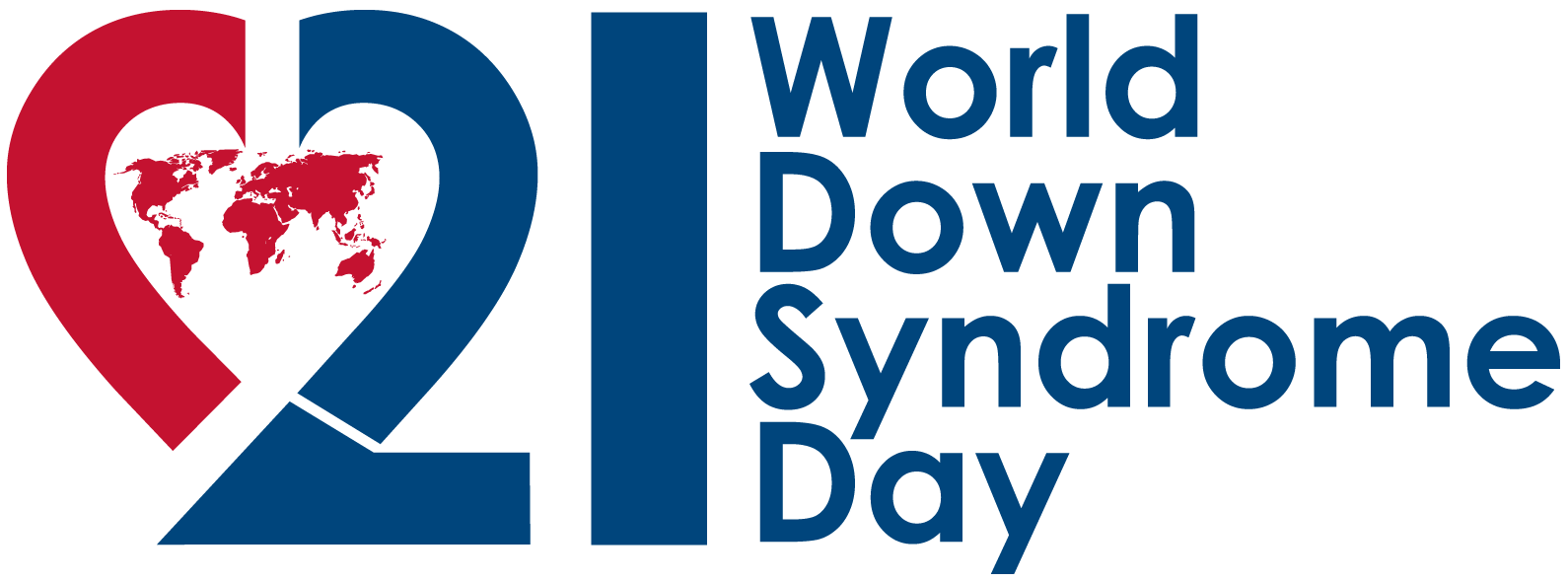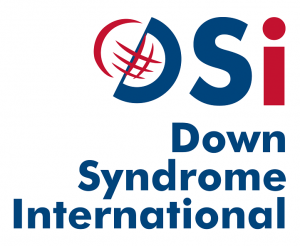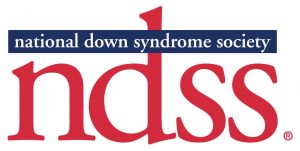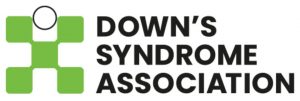Hamish from new Zealand
Hi, my name is Hamish Gilbert. I am 19 years old, and I live in the beautiful Hawkes Bay, down by the awesome river Clive.
I decided to leave school at the end of year 13, just like my brother did, and wanted to explore the working world. I wanted a job.
My journey to work started in 2018, with me attending a future pathways course as a year 11 student at high school. This course helped me learn how to put a CV together and how to do job interviews. As part of this course, I got to do a work placement in the community gaining valuable work experience. I worked at Kings Auto workshop in Hastings, where I cleaned and groomed cars, learnt how to change oil and pump up tyres.
In year 13 (2020) I also chose to do a future pathways ‘start up’ course where I learnt more about how to get a job. As part of this course, I attended the Trades Adcemy at the EIT where I studied Hospitality. I loved being in the kitchen with my EIT mates learning to cook curry, chop up vegetables and how to be a barista and do front of house.
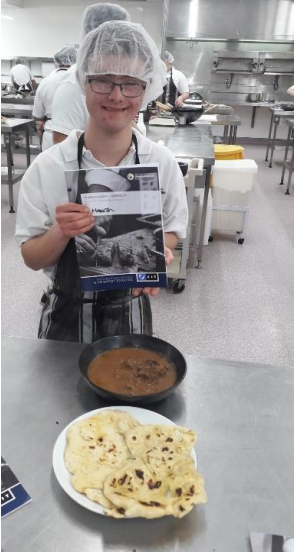
Hamish studied hospitality
I also got some work experience through my special needs unit of working at the Hawkes Bay Environment Centre dismantling old appliances to recycle all parts.
What was important to me, during my time at school, was being included as a mainstream student and as a result of this, I achieved both Level 1 and Level 2 NCEA. Being in mainstream also gave me the confidence to go out into the working world.
In early 2020, when I announced I was leaving school at the end of the year, my mum immediately put in place a transition process. Luckily, we already had a relationship with CCS, so a ‘research for work opportunities’ started, but it was not an easy process. I did not want to do more ‘disability‘ stuff (programmes /activities that focused on disability) e.g. life skills course at EIT, Disability resource Centre. Work was a top priority for me. I wanted ‘ordinary ‘opportunities for work just like anyone else. We had a hard time convincing the transition coordinators to do something different.
Transition should work better. The transition should start earlier, creating a visual career pathway right from the start of high school, and having a timetabled slot for transition once a week. The transition coordinators need to believe in what a student with a disability CAN DO rather than what they can’t do, and the plan needs to be about what the student wants, not what the coordinator can easily organise for the purpose of ticking funding boxes.
I think it will be helpful as part of transition to understand how the working world works and to be taught about the unwritten rules of the workplace, and how holidays and annual leave operates in the working world. It is really important to explain to students that it could be hard leaving school and to teach them what life after school might look like. This was never done for me. I had just spent the last 13 years at school, and that is all I knew. Then suddenly I was in the big wide world starting a new life that I didn’t know. This was stressful and I had to learn to cope.
I did manage to get some voluntary work set up for 2021 which was good. My mum also got hold of Mahi for Youth, an organisation that works on matching young people with local businesses opportunities. They had not worked with people with disabilities before but were keen to help and approached things just like they would with anyone else. They asked me what I like doing and what I can do. Yes!!!. They told me a job with Splash Planet was coming up for the summer and they suggested I should apply. This was a great opportunity to use the skills I had learnt at school in my future pathways course. I had to fill in an application form, just like everyone else, and had to provide Mahi for Youth my CV. I got an interview for the job, which was great, but I was nervous to start with. The manager from Splash Planet was really nice and he had worked with another man with Down Syndrome before. I was so proud of myself as I answered all the questions. I ‘nailed it’ and I got the job. Yes, my first job and paid too.
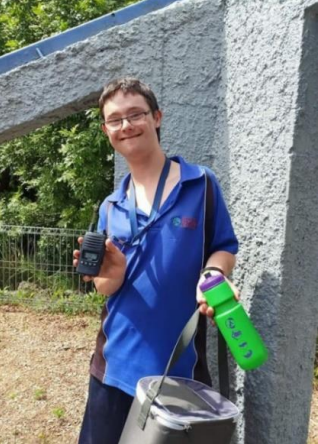
Hamish at Splash Planet
So when I first left high school on 7 December 2020 my first job was working at Splash Planet as a park host. This involved being a tidy kiwi and looking after the Splash Planet environment by emptying rubbish bins, picking up rubbish, some gardening and green waste disposable, serving customers, taking BBQs to customers, cleaning BBQs, watering plants and manning minigolf and of course helping the grounds person and other Splash staff. I have learnt so much about how Splash Planet works, all of the different jobs how to talk to people that I don’t know. I really enjoyed working at Splash Planet because I liked wearing the staff uniform, and I also enjoyed communicating with other park host staff on the walkie talkie communication system. Not all of the work was fun as I didn’t like cleaning toilets, but it had to be done. The other staff were a lot of fun to work with and their “pranks” made me laugh. It was also so much fun to catch up with some of my school special needs friends in my lunch break when they visited Splash Planet.
After I finished my paid summer job at Splash Planet, that Mahi for Youth found for me, I moved on to do some voluntary work in the community that my transition coordinator had set up for me. I started two new voluntary jobs in February 2021, while carrying on my Splash Planet job at the weekends.
I work 2 days a week on Monday & Tuesdays at the local bus company Nimons, in the industrial area of Hastings called Whakatu, cleaning and grooming buses. I really enjoy this job, as buses have been a big interest of mine since riding the school buses when I started intermediate school. I am able to catch the Nimons bus to and from work, which is great because they pick up the school students close to my home.
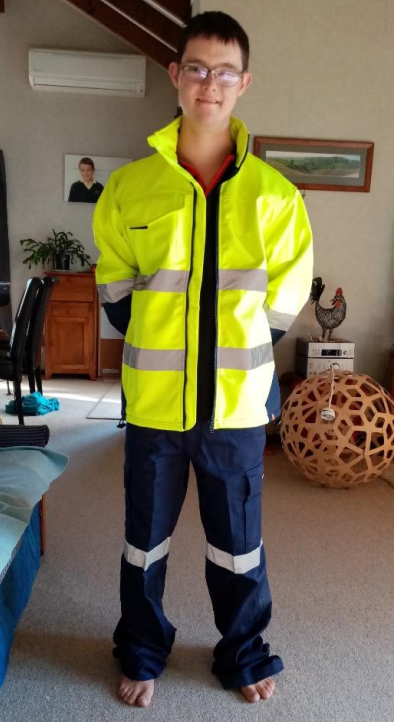
Hamish in his uniform
On Wednesdays and Thursdays, I work at the Gracelands Retirement Village doing a mixture of jobs, including helping with the rubbish pick up, working with the maintenance man Bruce, helping the residents with their shopping at the supermarket, helping in the kitchen and delivering meals. This keeps me busy, which I enjoy. On a Wednesday I also travel from Gracelands to the Hawkes Bay Environment Centre, using the public bus service, where I dismantle electronic appliances. These jobs have helped me learn how to use the public bus and taxi services to get to and from work.
Work is important for all people, including people with disabilities. For me having a job means independence, being the same as anyone else, being part of the community.
That is why I have not enjoyed being under Covid lockdowns, as this has stopped me from going to work. It means so much to me to have a job – work gives me a sense of purpose. I love travelling independently on the public bus and by taxi and I know I can now travel from one job to another on my own. I can look up on the bus timetable and work out how to go anywhere in Hastings, Clive, Havelock North and Napier, including Flaxmere. I also love going to work because it keeps me busy, it is really enjoyable and fun, and it has been great getting to know new people. I really like work as my work is physical and I really love helping people eg helping the retirement village residents with their shopping. This makes me feel happy and puts a smile on my face, as I feel wanted. I feel proud of myself when I learn new skills eg filling a bus with diesel, cleaning tyres, doing a timesheet, driving a golf cart, cleaning a swimming pool, and sanitizing the fuel payment machines. It is good to be able to stretch myself, but it works best for me if I start with one or two skills so I can learn them first. This helps me learn to cope with jobs that are hard.
My message is “even when things are hard, give them a go and don’t give up “. That is why I wanted to get a job, just like everyone else.
While I love working, it has been stressful and hard being in the working world, as I really miss school and my mates. So it has been so nice catching up with some of them at Star Jam each week, but getting used to having to work in the school holidays is tough! I did not understand this when I left school and settling into a new routine has been tricky. My first day at work was particularly tough in a new environment. It also has been difficult understanding that some tasks are hard, and even though you don’t like them, they have to be done. Sometimes understanding what my employer wants me to do, has not been easy, as I take the instructions literally, eg I was asked to pull some decorations down in the community centre so I did – I pulled them down, some ripped, but I wasn’t told they were going to be used again. So, instructions need to be clear from the start. It would have been more helpful if I had been asked to take the decorations down carefully so they could be used again next time.
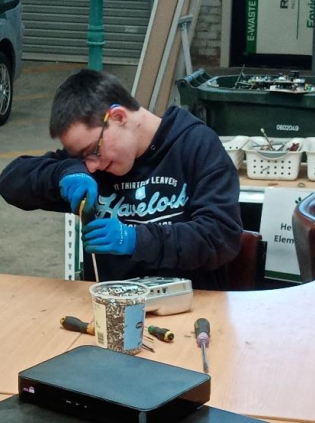
Hamish dismantling electronic appliances at Hawkes Bay Environment Centre
The keys to the successful employment of people like me are:-
- The employers need to understand people with disabilities and to connect with them, so the job experience is successful Eg one of my supervisors Jo, understood I needed tasks to be straightforward at first, so whenever I had a task to do, she demonstrated to me how she wanted the job done. She would then introduce new tasks when I had successfully completed the other tasks. I learnt lots of new skills as a result.
- Employers need to see people with disabilities as CAN DO people just like everyone else, eg Mahi for Youth asked me what I could do, listened to what I said and then matched my skills to a job at Splash Planet. They saw me as a person first, just like they would with anyone else, which is great.
- The employers need to see, if given an opportunity, people with a disability add value to a business because we bring a positive culture to work, we want to work, we show up on time and happily get on with the tasks that often don’t get done.
- We need employers to understand people with disabilities may work a bit slower but there are many tasks we can do.
- We need employers to look at the tasks that they need doing eg repetitive tasks and recognize that they could be done by a person with a disability too.
For employment to work we need:-
- The right assistance – not velcroed support!
- We need assistance at times not support!
- Flexible assistance – ie for agency support people to back away when not needed and allow the worker to be independent.
- Assistant (support person) needs to get to know the person with a disability.
- Initial assistance with skills, then allow the disabled person to do the job.
- Businesses need ongoing support to know how to assist the particular worker, understand their needs and have someone to call on if the business needs support on an issue. (Businesses do not want to feel abandoned and left not knowing what to do)
- Discussion at the start so the employer understands how to operate eg introduce one new skill at a time so the worker can grasp that skill before moving on to a new skill, breaking tasks down into smaller tasks if needed, starting with easy skills and building to more difficult ones, setting up for success.
In conclusion, I love working. People with disabilities need more opportunities to work. We need an organisation in Hawkes Bay with ‘connectors’ to assist people that may have a disability into employment, connect with employers and link families to what is available out there in the community

The best way to promote awareness of Down syndrome is for people with Down syndrome to share their own stories in their own words.
If you have a story that you would like to share with the world, please click here: SHARE YOUR STORY
